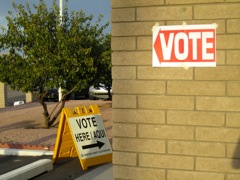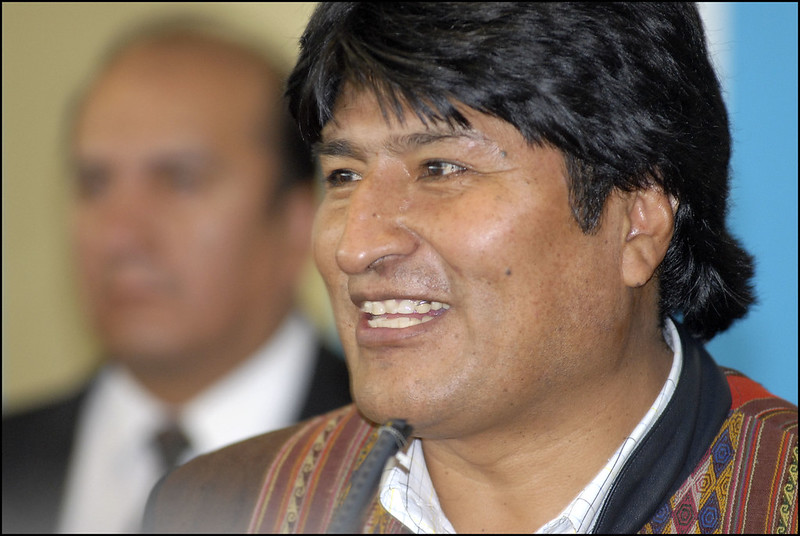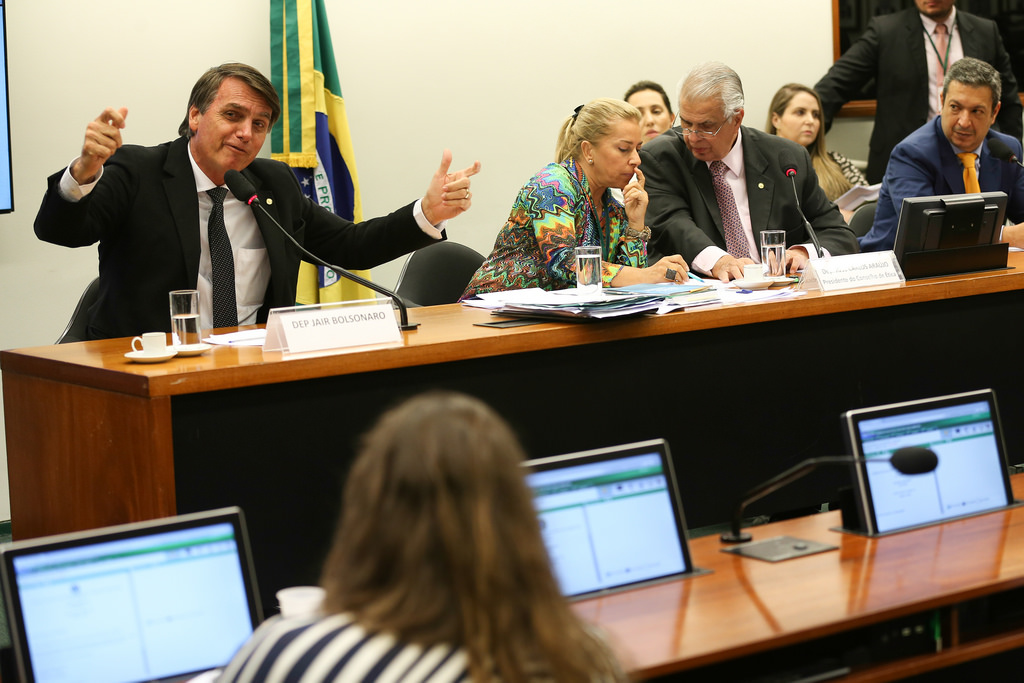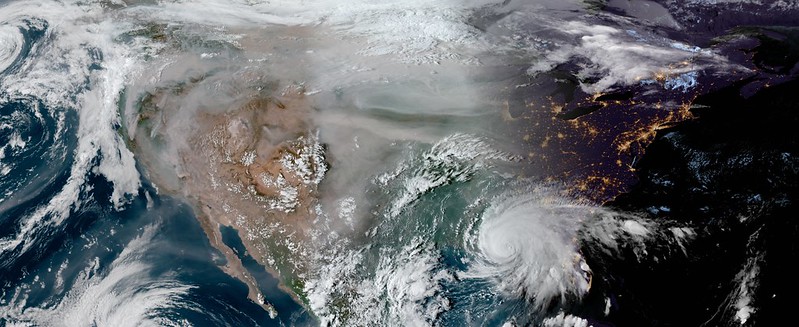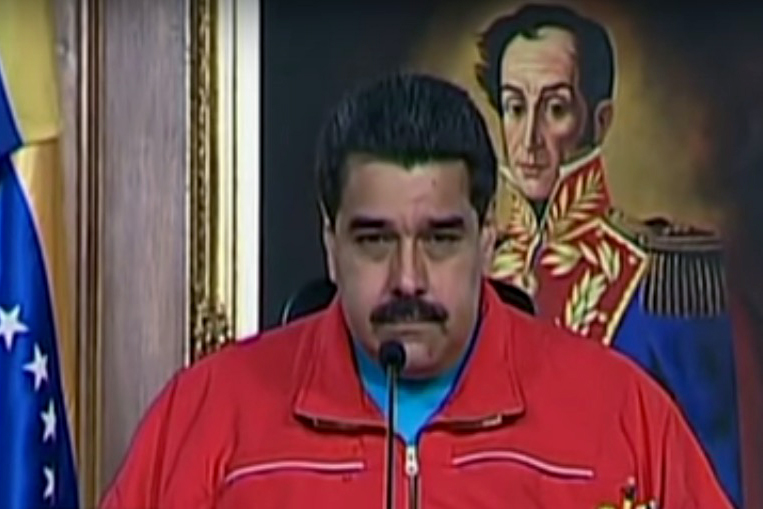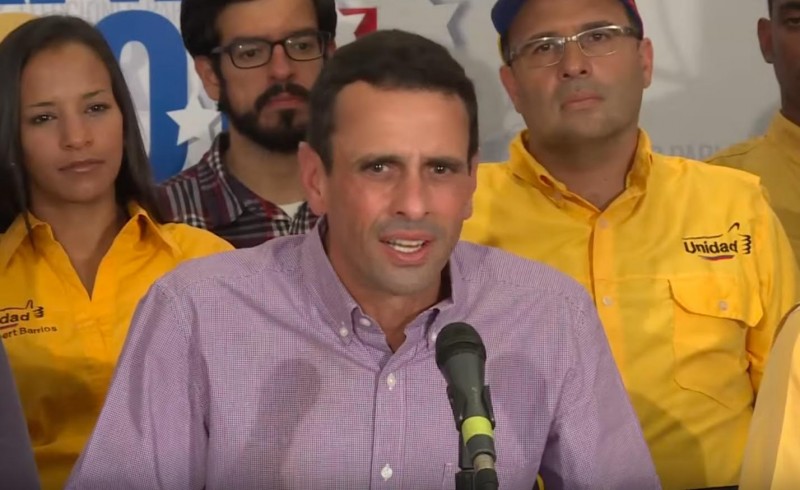
Latin America: Week in Review, Venezuela
Venezuela Opposition Claims Legislative Supermajority, Promises Sweeping Changes
December 8, 2015 By Staff
Venezuelan opposition leaders announced Monday that they had secured the 112 seats necessary to form a two-thirds supermajority in the legislature following mid-term elections the day before, which could allow them to enact sweeping changes and even challenge the mandate of President Nicolás Maduro.
As of Tuesday morning the National Elections Council had yet to confirm the status of two seats, but if they go toward the National Unity Roundtable (as the coalition, known by its local acronym MUD predicts) it will have won a supermajority.
If confirmed, the opposition has promised to use their supermajority to to pass an amnesty law to free nearly 80 prisoners including leading opposition politician Leopoldo López who was controversially sentenced to 14 years in prison this September for allegedly fomenting violence during protests in 2014.
Opposition leaders have also pledged to affect key changes previously unthinkable under the Maduro led Chavista government including the ability to censure cabinet members, influence government spending and roll-back corporate nationalizations – threatening many of the social programs that have been a staple of Chavista support. Hardliners within the opposition are also clamoring to begin the recall process against Maduro next year. Maduro’s current term runs until 2019.
With no major accusations of fraud, the elections were largely welcomed across the hemisphere, with U.S. Secretary of State John Kerry congratulation Venezuela voters for expressing their “overwhelming desire for a change in the direction of their country.” Argentine President-elect Mauricio Macri backtracked from his previous call to oust Venezuela from the South American Mercosur trading bloc based on the results.
Maduro’s political allies Raúl Castro of Cuba and Daniel Ortega of Nicaragua struck optimistic tones, Castro forecasting “new victories for the Bolivarian Chavista movement” that he said were sure to come under Maduro’s continued leadership.
Opposition candidates, meanwhile, were forced to celebrate their victory and outline their plans amid a near total media blackout on Venezuelan national television, instead turning to a specially created YouTube channel to convey their messages.
Headlines from the Western Hemisphere
North America
- The Inter-American Commission on Human Rights announced Monday that satellite images show that the 43 students who disappeared last year in Guerrero state could not have been incinerated, contradicting the account of the country’s Attorney General.
- Mexico and Canada can impose more than $1 billion in retaliatory tariffs to the United States, the World Trade Organization ruled Monday, for U.S. meat labelling practices that describe where animals were raised and slaughtered, which the WTO found disadvantaged Canadian and Mexican livestock.
- The decision of a case that will reach the U.S. Supreme Court Tuesday on whether Texas districts should contain equal numbers of people or equal numbers of eligible voters could significantly reduce the power of the Hispanic vote while transferring more influence to rural white voters, potentially setting a precedent that would change the dynamics in other states with high undocumented populations.
Caribbean
- Cuba has agreed to pay $5 billion in debt repayment from the 1986 default to creditor nations of the Paris Club, who for two years have negotiated the terms of a $16 billion debt restructure that is now approaching a finalized deal, driven in part by creditors’ desire to do business with Cuba after restoring diplomatic relations with the United States.
- Puerto Rico Governor Alejandro García Padilla will announce whether or not he will run for reelection this week, a spokesperson said Monday, which may be a long shot for the politician given Puerto Rico’s current economic recession, $72 billion debt, and his 12% approval rating according to an October poll.
Central America
- An increase in unaccompanied child migrants from Central America during the past year has prompted construction of three new Department of Health and Human Services-administered shelters in Texas and California set to open this month, Obama administration officials said Monday.
Andes
- Peruvian authorities arrested an American man charged with running a child sex tourism ring for the past 10 years out of Lima, rescued 11 underage victims, and are are now investigating the apparent murder of two children in relation to the case.
- Bolivian President Evo Morales announced Monday his country will host the 4th Summit for the Gas Exporting Countries Forum, a group that controls 42 percent of the world supply of natural gas and includes countries like Russia and Iran, in the eastern city of Santa Cruz in 2017.
Southern Cone
- Impeachment proceedings against Brazilian President Dilma Rousseff were delayed on Monday as the president’s supporters and opponents argued over which lawmakers should sit on the 65-member committee that will determine whether Rousseff has committed an impeachable defense.
- Amid Brazil’s ongoing political and economic crisis, the Chicago Tribune notes the country has so far successfully avoided severe water rationing despite a devastating drought, a rare piece of good news in a year marked by political and economic crisis.
- Marco Polo del Nero, the president of Brazil’s soccer federation, started his 150-day leave of absence Monday in order to prepare his defense against a wide range of corruption charges, as Brazil’s soccer players call for his total resignation.
- Just three days before Argentine President-elect Mauricio Macri is set to take office, tensions are mounting with outgoing President Cristina Fernández, who accused Macri of yelling at her on the phone over the details of the inauguration ceremony, in an essay on her blog.
- Meanwhile Macri’s incoming government said they would not try to suspend Venezuela from South America’s Mercosur trade bloc, given the results of Venezuela’s Sunday’s election, backtracking on an earlier pledge to do so which was made based on the human rights record of the Maduro administration
